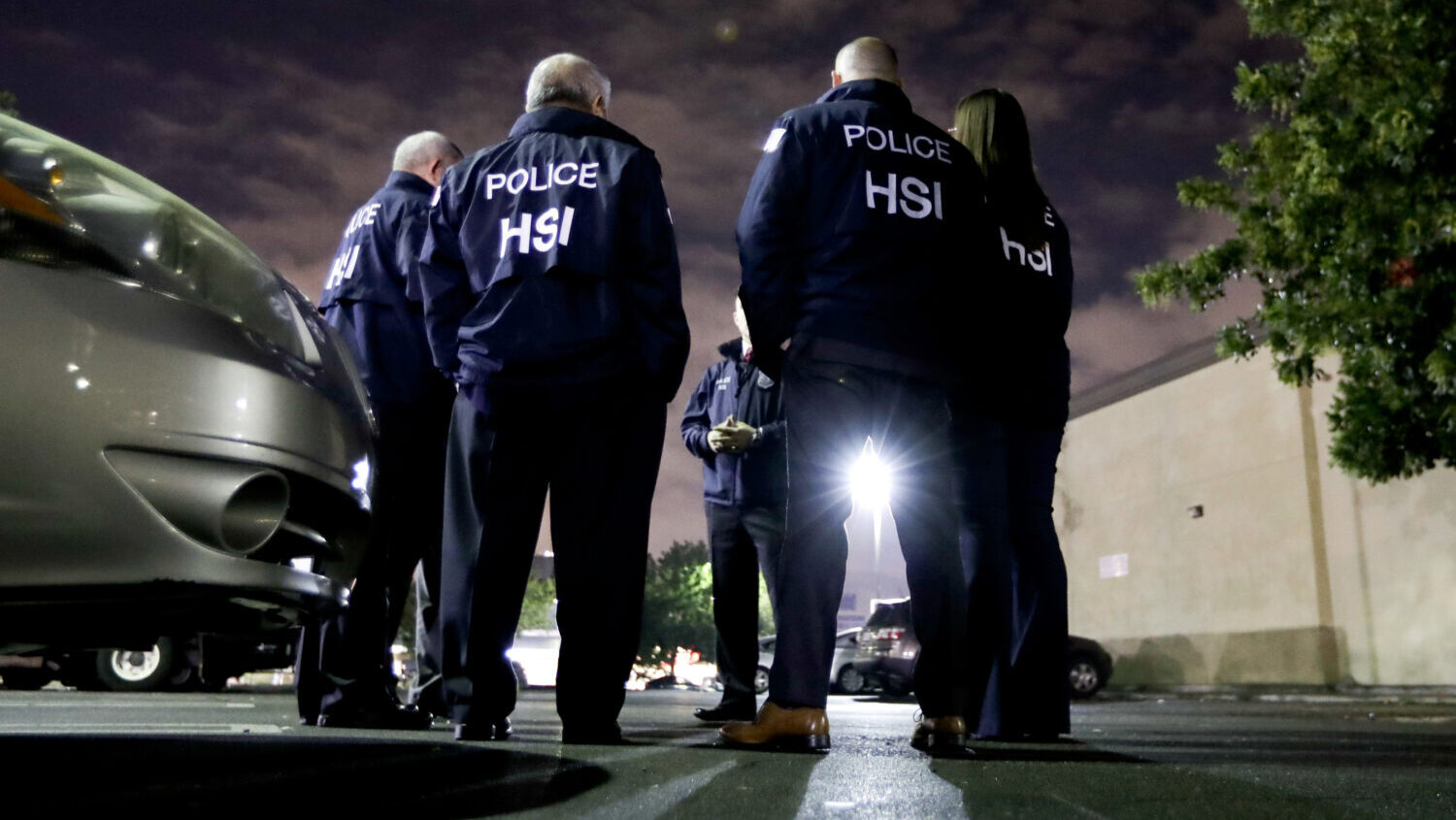Utah Sheriffs Clarify ICE Partnership Amid Civil Rights Concerns
Utah sheriffs clarify the scope of their ICE partnerships, emphasizing focus on jail operations while addressing civil rights concerns. Seven counties participate in the federal 287(g) program.

Utah County Sheriff's Office, one of seven departments participating in the ICE 287(g) program
Seven Utah sheriff departments have formalized partnerships with Immigration and Customs Enforcement (ICE), prompting the Utah Sheriffs Association to issue a clarifying statement about the scope and nature of these agreements amid growing public concern over immigration enforcement practices.
Understanding the 287(g) Program
The partnership, known as the 287(g) program, operates under the Immigration and Nationality Act. Kane County Sheriff Tracy Glover, president of the Utah Sheriffs Association, emphasizes that the agreement focuses solely on jail operations, not community enforcement.
"We don't work for ICE and we're not about to do that," states Glover, addressing concerns about potential immigration raids.
Participating Counties and Program Models
The participating sheriff's offices include:
- Beaver County
- Kane County
- Sanpete County
- Tooele County
- Utah County
- Washington County
- Weber County
This initiative mirrors other institutional reform efforts aimed at improving system efficiency while maintaining civil rights protections.
Scope and Limitations
The program primarily enhances jail processing efficiency by providing access to federal databases. Sheriff Glover emphasizes that booking procedures remain unchanged, focusing only on individuals already in custody for local charges.
This approach to local-federal cooperation raises important questions about institutional equity and civil rights in law enforcement practices.
Data Sharing and Privacy Protections
Notably, the Utah Department of Public Safety maintains strict privacy protocols, confirming they do not share driving privilege card data with federal immigration officials beyond standard criminal justice information systems.
Rachel Whitman
Rachel L. Whitman is a political columnist and investigative journalist based in Washington, D.C. Her writing focuses on democratic resilience, civil rights, and the intersection of technology and public policy. With a background in law and public affairs, she brings sharp analysis and a deep commitment to progressive values.
